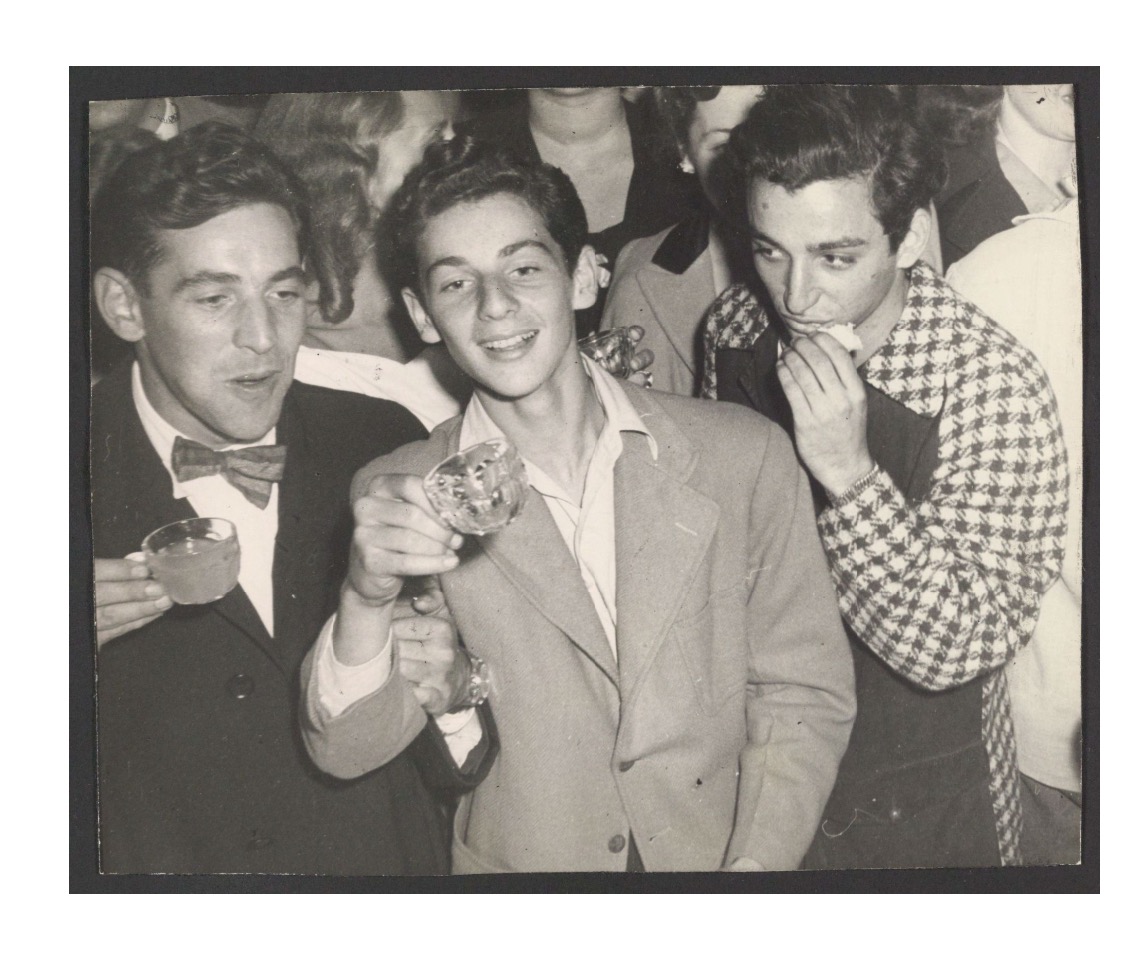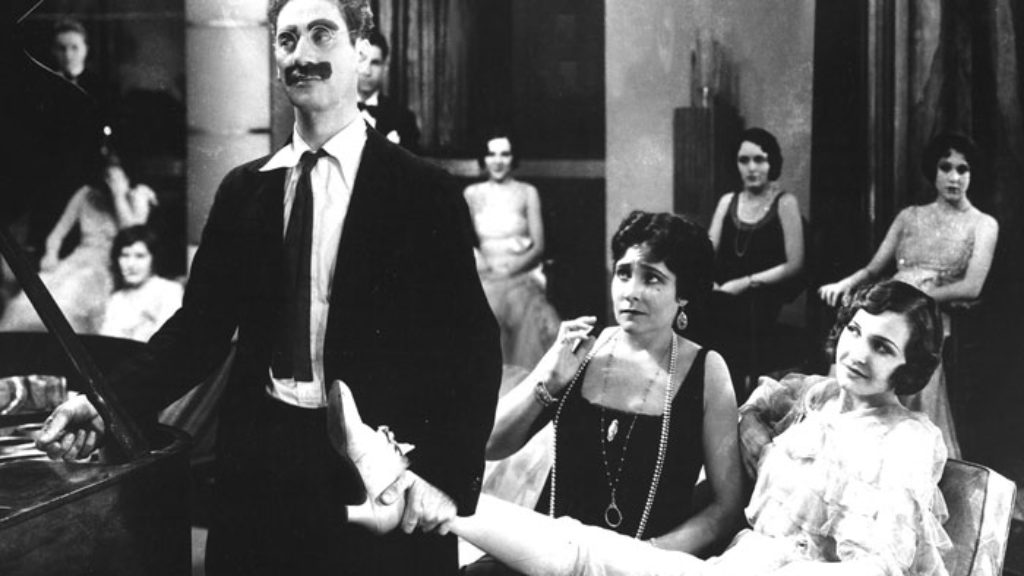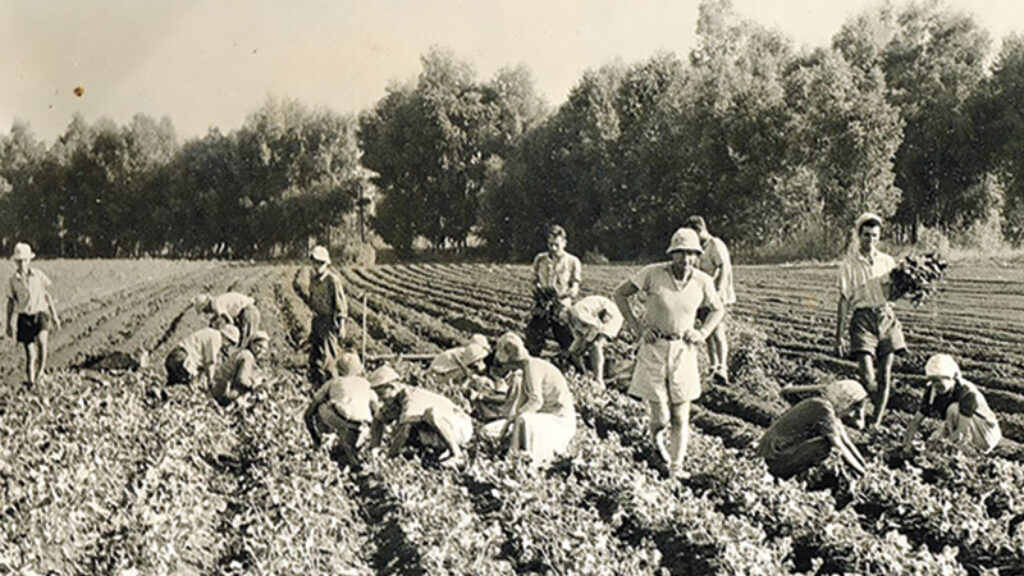The Other Bernstein
It’s not surprising that the latest crop of biographies of the great Jewish scholar Gershom Scholem (reviewed by Steven Aschheim in the Fall 2018 issue of the JRB) has brought with it the first scholarly biography of his nearly forgotten Communist brother Werner. Scholem’s star is still so bright that even his brother fascinates. So far, however, the ongoing commemoration of the 100th anniversary of Leonard Bernstein’s birth hasn’t led to any new attention being paid to the great composer’s brother, Burton, not even in the New Yorker, where he was a staff writer for years. Before the year of Leonard Bernstein ends (on his birthday, August 25), I’d like to squeeze in a few words of appreciation for the man who died, almost coincidentally, last year on August 26 at the age of 85.

Apart from his long and distinguished career at the New Yorker, Burton wrote eight books, including a marvelous one on the Sinai desert. I have read a fair amount of his work, but I would probably have forgotten him by now had he not written an outstanding history of his family. I read what became Family Matters when it was serialized in the New Yorker, loved it, and have been quoting from it for decades. At least a couple of times a year I recommend it to students as an excellent and enjoyable introduction to 20th-century Jewish history.
For me, the most memorable figure in Family Matters is Leonard and Burton’s father, Sam. Born in 1892 into a pious, learned, and poor family in a Ukrainian shtetl, the one-time yeshiva student crossed the Atlantic alone when he was 16, like so many others, and immediately found backbreaking work in New York’s Fulton Fish Market. But he didn’t stay there long. With help from an uncle who owned a barbershop in Hartford, hard work, and good luck, Sam made his way up the ladder in the beauty-supplies business. By the late 1920s, he owned his own business in Boston and had 50 people working for him.
Around this time, Burton tells us, “Sam’s American Dream came close to becoming a spectacular American Fantasy.” A young nail polish salesman came to his office, looking for a loan to help him “to go into business for himself, bringing out durable ‘cream enamel’ for the nails in different opaque colors.” For $500 Sam could have had a one-third share in his as yet nonexistent enterprise. But instead of being tempted, he was outraged. “You’re making American women into whores!” he screamed. “You’re painting their nails so they’ll look like two-dollar whores. Get out of my office!” So Charles Revson angrily left Sam’s office. Before long, he found “a more sagacious, if less moralistic backer” for Revlon.
Prostitution wasn’t the only profession Sam despised. He didn’t think much of musicians either and was deeply troubled when Leonard fell in love with music. “A musician to Sam was a klezmer. The klezmer was an impoverished musician, usually a fiddler, who wandered from shtetl to shtetl, playing at weddings or bar mitzvahs for a few kopecks, some free food and wine, and a night’s lodging. In Sam’s eyes, he was a disreputable character of the Old World, a rootless profligate who would die young of starvation or the worst diseases. The American version of such a person wasted his life away playing in cocktail lounges or with dance bands. Where would the nachas be in that?” Leonard was supposed to follow him into his business. “The one possible exception to this plan would be if Lenny had a religious calling; then Sam could boast of another scholar-rabbi, in the long Bernstein tradition.”
There was never much chance of that, however. As deeply engaged as Sam was throughout his life with Judaism—he was, among other things, an indefatigable student of the Talmud—he didn’t have much success in transmitting the faith to his children. Burton makes no secret of his alienation from Judaism, both before and after his “sham bar mitzvah.” Leonard was a more complicated case but he was certainly never going to be a rabbi.
Things were much worse in another branch of the family, the one that remained in Russia. Sam had a younger brother, Shlomo, who in 1908 had tearfully but unsuccessfully begged him to take him along to America. Shlomo subsequently took a different route out of the ghetto, becoming a mining engineer in the coalfields near Moscow and a Communist party official. Needless to say, there weren’t even “sham bar mitzvahs” in his household.
The brothers maintained a fitful and cautious correspondence over the years, but it was only in 1940, when Sam somehow succeeded in obtaining permission for his elderly parents to leave Ukraine and resettle in the United States, that they entered into any sort of collaboration. To get out of the Soviet Union, by boat from Leningrad to New York, Yudel and Dinah Bernstein had to travel through Moscow:
The apostate son, who had rarely seen or communicated with his parents since he left home, agreed to put them up in his apartment. Their reunion in Moscow was tense but polite. It was the first time that Yudel and Dinah had ever been outside the Ukraine, and they were cowed by the great city and by the absence of Jewish tradition in Shlomo’s household . . . The lack of mezuzahs on the apartment doorposts, the nonexistence of a single prayer book, and Shlomo’s faulty Yiddish and Hebrew were loathsome to them, but vaguely understandable. One profanation was utterly unacceptable, though. Yudel suspected that Aleksandr, the five-year-old son of Fanye and Shlomo, was uncircumcised . . . On the morning of his departure for Leningrad, Yudel could stand the suspense no longer. Alone with the boy in the apartment’s kitchen, he managed to confirm his darkest suspicion. Without a second thought, he took a small carving knife and performed the circumcision rite then and there. When he and Dinah finally left for Leningrad, shrieks and curses followed them out the door. According to my father—who, with shaking voice, told me the story two decades later—they were lucky to get out of Moscow alive. The son and the father had disowned each other.
How Yudel and Dinah fared once they reached the United States, how Sam dealt with Leonard’s insistence on becoming a musician and his tremendous success, whether there was ever any further contact between the American and the Soviet Bernsteins—you’ll have to read the book to learn these things. You can get it for less than $10 on Amazon. Like many other family histories, but more than most, Bernstein’s book shines a light on the tumultuous modern history of the Jews.
Suggested Reading
The Apocryphal Psalms of David 1:15–20
In 1902 Abraham Harkavy published two previously unknown psalms and parts of two others from a manuscript in the Cairo Geniza. They may date back to the Second Temple.
A Neoplatonic Affair
As the tapestry of Hillel Halkin's first novel unfurls, we see how perfectly each part fits into the larger pattern.

Jews on the Loose
If fame is when everyone understands it is you when only your first name is mentioned, Groucho (Marx) certainly qualifies.

He Shall Not Press His Fellow
Once every seven years, the Torah says, the economic playing field should be leveled, and those trapped in debt should be freed. Even the rabbinic workaround reminds us of the ideal–as I was reminded after my startup foundered in the 2008 financial crisis.
Comments
You must log in to comment Log In